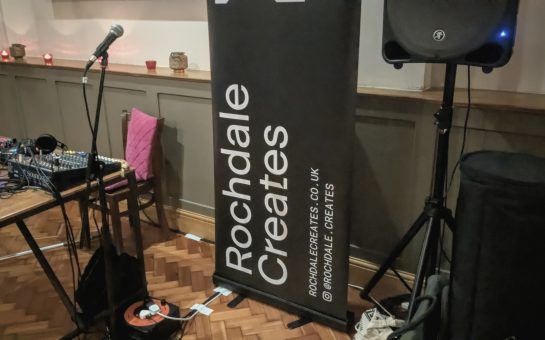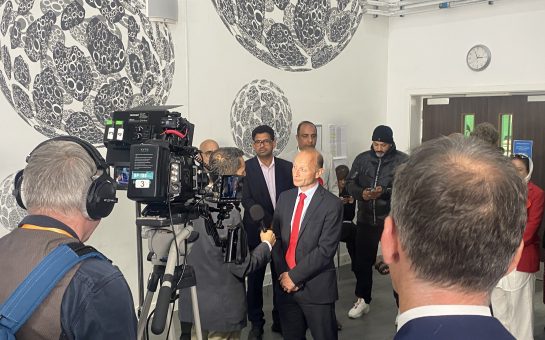Parents have the power to beat sex abuse scandals like the horrors seen in Rotherham, claims a Manchester University professor.
Peter Jenkins research focuses on Engage, a Child Sexual Exploitation team in Blackburn and Pace, a charity who work to end sexual exploitation of children.
He stressed the need to involve parents in the process, saying that traditional social care work doesn’t do this effectively.
“A lot of the new multi-agency teams also claim to work with parents, but this needs to be done in the spirit of empowering parents, rather than seeing parents as part of the problem.
“Crucially, you need to involve parents, who will be very alienated from social services and the police by time the latter eventually make contact.”
The senior lecturer in Counselling believes his research highlights the failings of child support work in the likes of Rotherham and Rochdale.
Professor Jenkins said: “The kind of effective work we saw in Blackburn was clearly lacking in these places [such as Rotherham].
“The biggest failing that I can see was the failure to believe the children and young people making allegations of sexual exploitation and then to take decisive action to protect them.
“You have to believe the children and not dismiss their allegations. You need to put resources into tackling this problem, not deny there is a problem in the first place.”
Part of the issue, Professor Jenkins insists could be down to authorities not understanding the grooming process.
“You have to have an understanding of grooming and its effects on the family.
“Grooming basically works at a very deep emotional level. The abusers target any available child as they are beginning to become sexually mature, but are still a child in emotional terms.
“They flatter the child. They offer them access to an adult lifestyle, with offers of drugs, cigarettes, weed, alcohol and sex.
“Family relationships effectively break down. Parents contact agencies for help, but very often they only see a dysfunctional family, normal adolescent rebellion and parents who are incapable of protecting their children from harm.”
Run by parents who have experienced the exploitation of their own children, Pace set themselves apart because they understand this process, according to Professor Jenkins.
“Pace calls it ‘the relational model’,” he said.
“The Pace Parent Support Workers go in, gain the parents’ trust and slowly help to rebuild the parents’ relationship with the child, who has their own social worker from a more traditional child-focused social work model.”
Professor Jenkins praised the work done in Blackburn by Pace in conjunction with Engage, who have achieved almost a 100% conviction rate in child sexual abuse cases.
The academic was also optimistic about their model of care being used elsewhere.
He said: “The same model could be rolled out throughout the country, as long as other teams take care to work in this very democratic, team-based approach.”
Image courtesy of Fabrizio Salvetti with thanks



